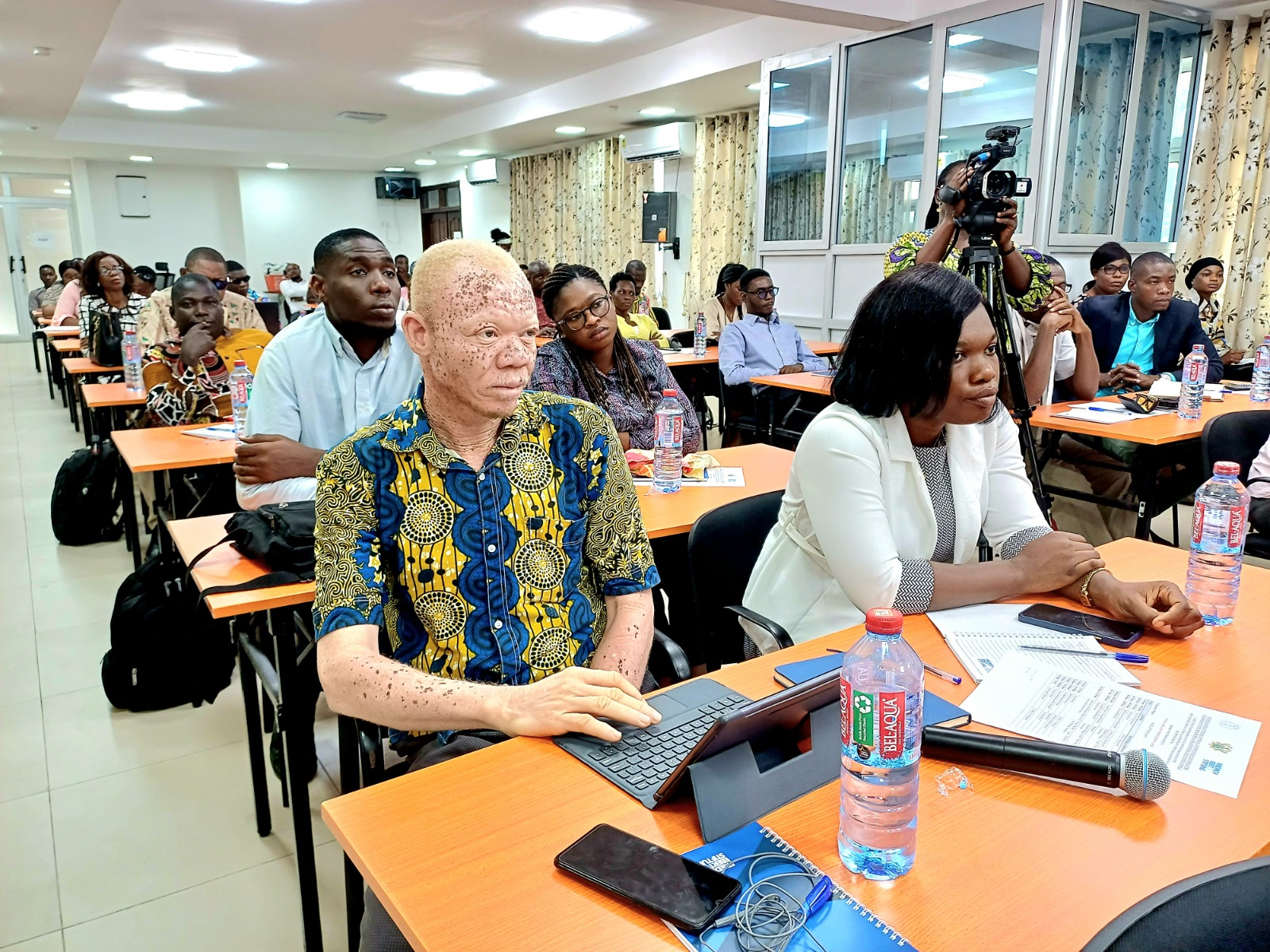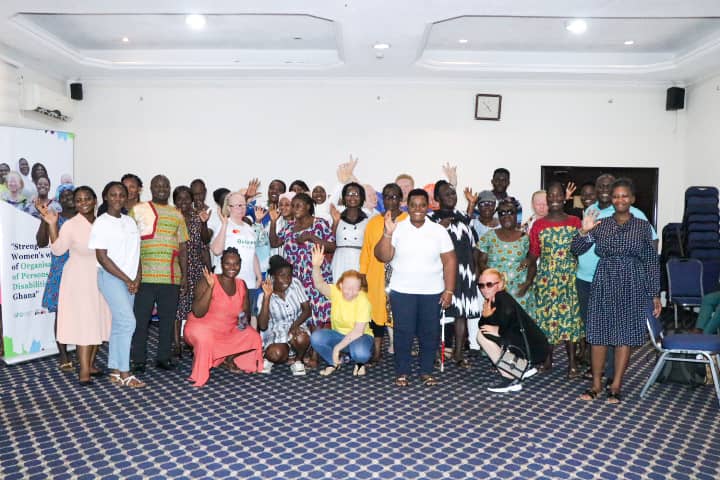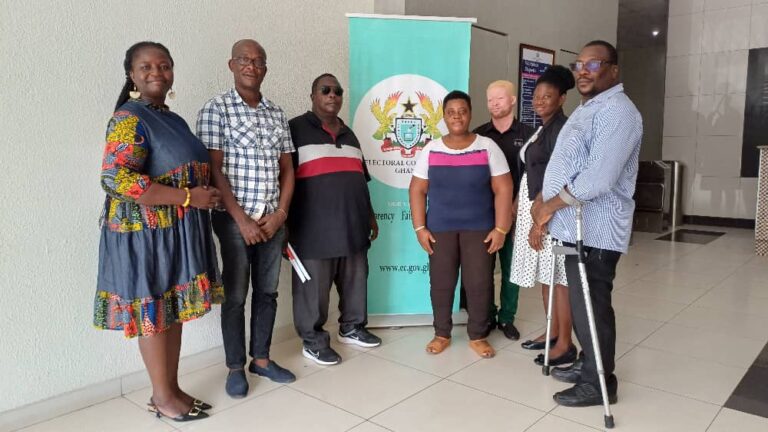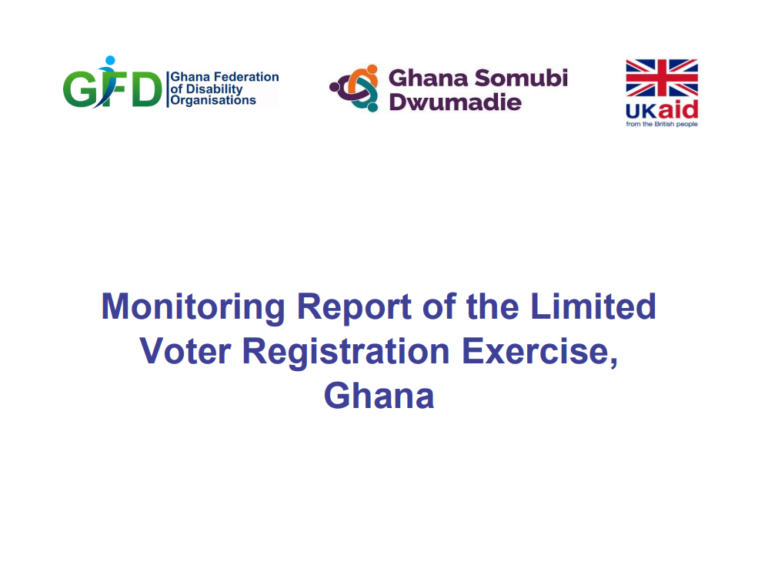Ghana Takes Bold Steps Towards Business and Human Rights Advancement: Development of a National Action Plan
The Commission on Human Rights and Administrative Justice (CHRAJ) of Ghana has organised a one-day consultation workshop on the formulation of a National Action Plan (NAP) on business and human rights in an effort to promote corporate practices that respect human rights. Participants in the event came from a variety of organisations for people with disabilities.
The goal of the workshop was to confer with persons with disabilities and organizations of persons with disabilities on how Ghana can comply with the UN Guiding Principles on Business and Human Rights, which was unanimously adopted in July 2011. It is required that all countries must create a National Action Plan in order to effectively implement and uphold the UN Guiding Principles.
CHRAJ and the Ghana Institute of Management and Public Administration (GIMPA) conducted a national baseline assessment to serve as the foundation for Ghana’s NAP. The results were put into a book and made accessible to those with visual impairments in Braille. The baseline assessment was launched on August 4, 2022.
To spearhead the development of Ghana’s NAP, the Attorney General inaugurated an 18-member steering committee that included key stakeholders from various sectors. The committee’s primary goal was to identify gaps in the country’s business and human rights regime and develop a strategic plan to address them. By doing so, Ghana aimed to join the ranks of a few African countries, namely Uganda and Kenya, that already possess a National Action Plan.
The steering committee commenced their work and embarked on a series of consultations across all regions of Ghana to ensure the views and concerns of all citizens were considered in the NAP. A zero draft of the NAP was already in place, reflecting the committee’s firm commitment to a human rights-based approach. However, they believed that engaging with critical stakeholders, including organizations representing people with disabilities, was vital to ensure an inclusive and comprehensive plan.
Addressing the audience at the workshop, Clement Kadogbe, a member of the steering committee from CHRAJ emphasized the significance of the contributions from organizations of persons with disabilities, acknowledging that their voices needed to be heard in the development of the NAP. Expressing gratitude to Friedrich Ebert-STIFTUNG for supporting the event, Clement Kadogbe encouraged open discussions to create a workable and pragmatic NAP that would place Ghana at the forefront of business and human rights advancements in Africa.
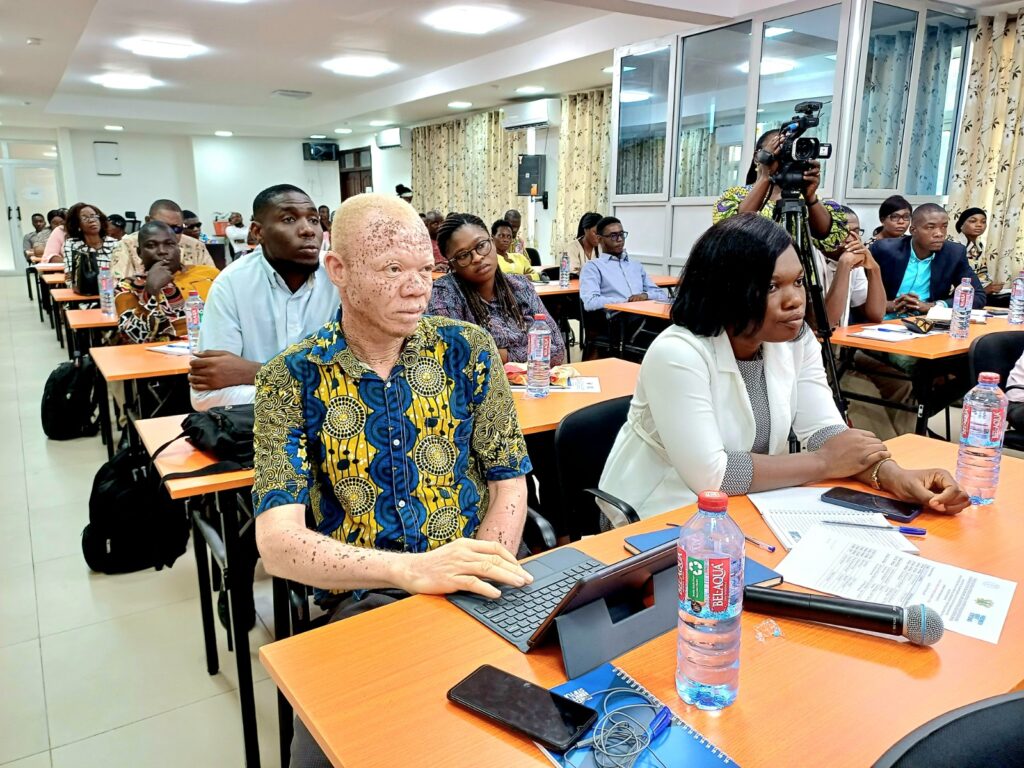
Victor Brobbey, the second speaker and member of the steering committee, provided an overview of the link between business and human rights in Ghana’s National Action Plan process, drawing attention to the findings from the baseline study. The study identified several areas needing improvement, such as inadequate protection for informal and temporary workers, environmental regulation gaps, objections to workers’ unions by management, and insufficient care for persons with disabilities. Additionally, the study highlighted delays in obtaining remedial actions for human rights violations.
Based on these findings, Victor Brobbey presented some of the study’s recommendations. These included reviewing current trade and investment rules, appointing Business and Human Rights officers in private entities, training Ghanaian corporate actors in Human Rights Due Diligence (HRDD), and enforcing their BHR policies. Furthermore, the study proposed the creation of a procurement BHR enforcement structure and the implementation of mandatory human rights due diligence for state-owned enterprises.

